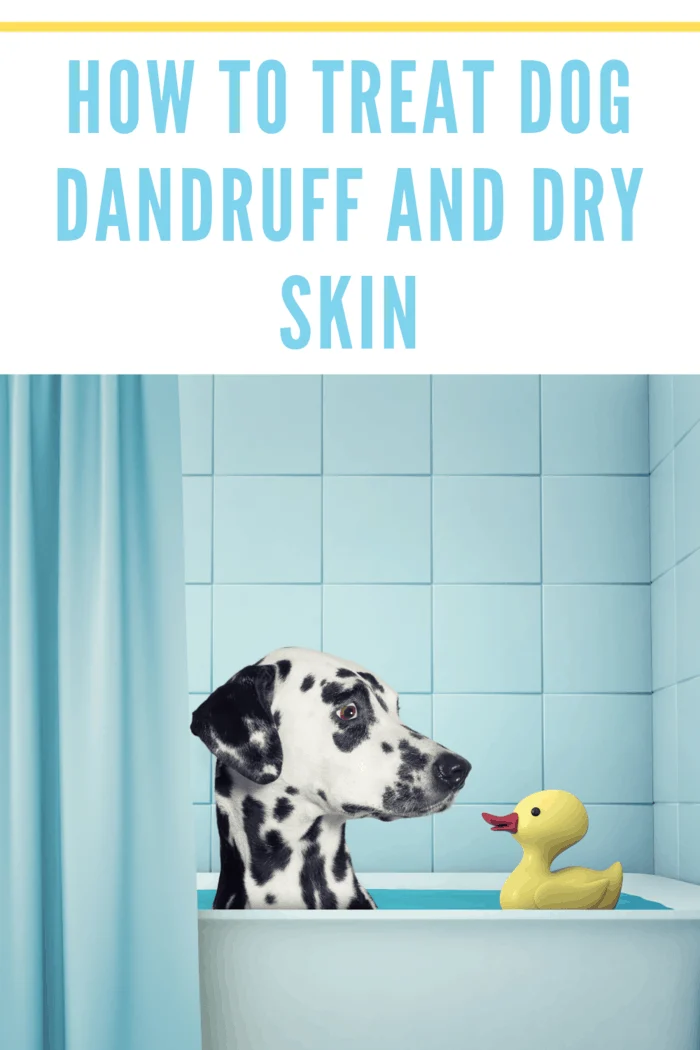Understanding and Treating Dog Dandruff: A Comprehensive Guide
What Is Dog Dandruff?
Dog dandruff is more than just a nuisance—it can be a sign of underlying health issues. From genetic disorders to allergies and skin diseases, a variety of factors can contribute to dandruff in dogs. If you notice flakes in your dog’s coat or an unpleasant odor, it’s crucial to consult your veterinarian. Early diagnosis and treatment can make all the difference in managing this condition effectively.

Causes of Dog Dandruff
Primary Causes
In rare cases, dandruff, also known as seborrhea, can be inherited. Although this is less common, it’s often manageable with the right treatment. An itch relief shampoo specifically designed for dogs can provide quick relief from symptoms.
Secondary Causes
Dandruff can also result from secondary causes, including:
- Bacterial Infections: These can lead to severe itching and discomfort.
- Endocrine Disorders: Conditions like hypothyroidism can cause dry, flaky skin.
- Dietary Issues and Obesity: Poor diet or excessive weight can impact your dog’s skin health.
- Environmental Factors: Low humidity, especially during winter, can exacerbate dry skin.
- Allergies: Food or environmental allergies often lead to dandruff.

Common Symptoms to Watch For
Be vigilant for these signs of dandruff:
- Flaky Skin: Check if flakes are localized or spread across the coat.
- Excessive Scratching: Persistent scratching might indicate an infection or parasitic issue.
- Odor or Red Spots: These can signal more serious conditions that need immediate attention.
Treatment Options for Dog Dandruff
Managing Dry Skin
- Moisturizing Shampoos: Use shampoos designed to soothe dry skin and keep it hydrated.
- Regular Baths and Grooming: Frequent grooming helps prevent parasite-related skin problems. Pet Web MD suggests this as a preventive measure.
- Humidifiers: Adding moisture to the air can help alleviate dry skin, particularly in dry climates.
Addressing Allergy-Related Dandruff
- Diet Changes: Switching your dog’s food may resolve dandruff caused by allergies. PDSA often recommends this approach.
- Medications: Your vet might prescribe topical or oral medications to manage seasonal or environmental allergies.
-
Treating Infections
- Immediate Care: Infections should be addressed promptly to prevent them from spreading.
- Antibiotics: Treatment typically involves antibiotics and possibly anti-inflammatory medication to manage immune responses.
Managing Endocrine Disorders
- Hormone Replacement: For conditions like hypothyroidism, oral hormone replacement can help control dandruff.
Nutritional Supplements
- Omega-3 Fatty Acids: A deficiency in omega-3s is a common cause of dandruff. Consult with your vet before introducing any supplements.
Importance of a Good Nutrition Plan
Obesity can be a contributing factor to dandruff. Maintaining a healthy weight through proper diet and regular exercise is essential. Consult your vet to develop a nutrition plan suited to your dog’s needs. You might also explore our homemade dog food recipe for tailored dietary solutions.
Regular Veterinary Visits
Regular check-ups with your vet can prevent potential health hazards. Pay attention to any changes in your dog’s behavior or health and address them promptly.
Know Your Dog’s Needs
Understanding the specific needs of your dog’s breed can help you establish a suitable grooming schedule and nutrition plan. While some breeds thrive with shorter fur, others might experience dry skin as a result. Tailoring care to your dog’s unique needs can prevent many common issues.
Final Thoughts
Caring for your dog’s skin health is crucial for their overall well-being. Don’t hesitate to consult your vet with any concerns or changes you notice in your dog’s habits or general health.
